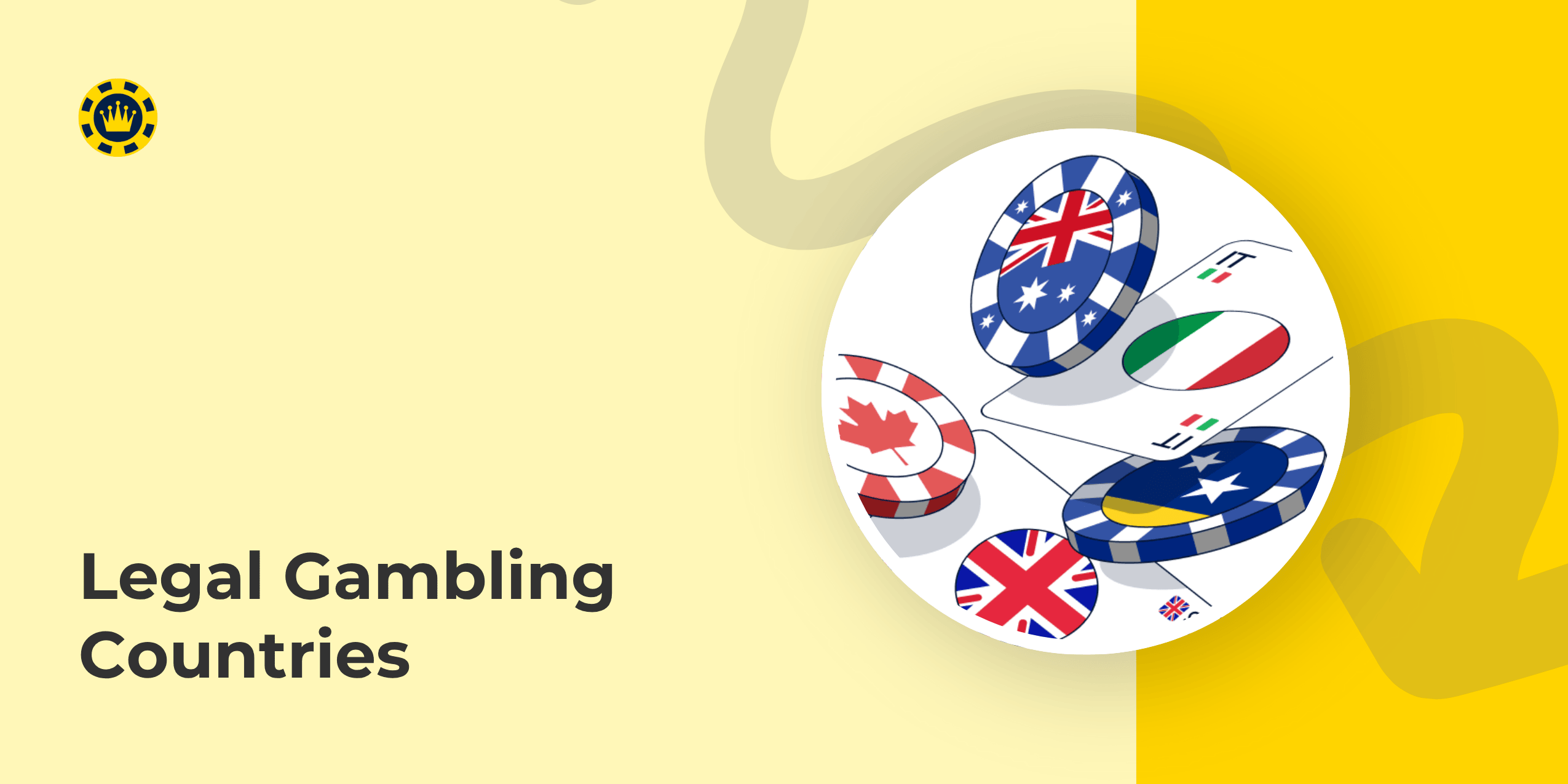Legal Gambling Countries vary widely, from tightly controlled systems to unclear rules; gambling is allowed in over 120 nations, yet enforcement and laws differ.
Seventy-nine countries are fully regulated, 46 have unclear rules, and about 70 ban gambling. This mix shapes where legal casinos online operate and how online gambling is regulated locally.
This guide names the top 10 legal gambling countries in 2026, outlines licences, taxation and player protection, and notes where is gambling legal and asks is online gambling legal in markets such as the USA.
Top 10 Countries Where Gambling Operates Legally in 2026
The global gambling industry continues to evolve, with certain jurisdictions emerging as leaders in establishing comprehensive regulatory frameworks.
These countries have recognized gambling as a legitimate form of entertainment and economic activity, implementing various approaches to licensing, taxation, and consumer protection.
Here’s the list of the top 10 countries where gambling is regulated legally:
| Rank | Country | Regulation Type | Key Features | Notable Casino/Market |
|---|---|---|---|---|
| 1 | United Kingdom | Comprehensive regulation | Strict licensing, strong consumer protection | £9.07B online market (2021) |
| 2 | Malta | EU-based licensing hub | Tax incentives, multiple license types | European gambling hub |
| 3 | Curaçao | Accessible licensing | Simple application, cost-effective | Online casino hub since 1996 |
| 4 | Isle of Man | Tax-favorable | Zero corporate tax, 5-year licenses | Crown jurisdiction with autonomy |
| 5 | Macau (China) | Land-based focus | World’s gambling capital, $22.9B revenue (2023) | The Venetian Macao |
| 6 | Australia | State-regulated | Strong player protections, growing online market | 8% growth in online gambling (2020-2022) |
| 7 | Canada | Provincial regulation | New iGaming Ontario model, single-game betting | Provincial authorities manage |
| 8 | Italy | Government licensed | Skill games and fixed-odds betting | ADM regulated market |
| 9 | Gibraltar | Low-tax jurisdiction | 1% corporate tax, no VAT | Strong government support |
| 10 | Brazil | Newly regulated | 2025 regulations implementation | Emerging Latin American market |
1. United Kingdom: Legal Gambling with Strong Rules
The United Kingdom stands as a global leader in gambling regulation with one of the most comprehensive and respected regulatory frameworks in the world. Under the oversight of the Gambling Commission, established by the Gambling Act of 2005, the UK has created a model that many other jurisdictions seek to emulate.
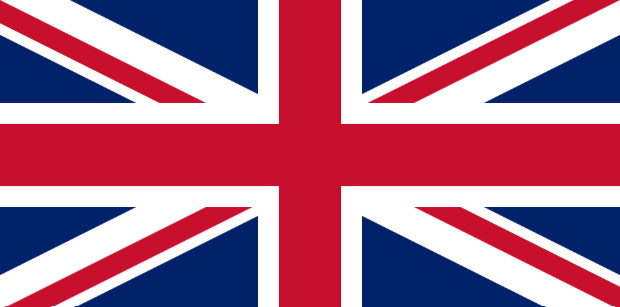
The UK is the largest regulated online gambling market in the world. In comparison to the US market, the UK market reported a total gross gaming revenue of GBP 9.07 billion in 2021, surpassing the US, which posted GBP 7.79 billion.
UK gambling licenses fall into three main categories: Operating, Personal, and Premises licenses. The Gambling Commission issues Operating and Personal licenses, while local authorities handle Premises licenses. Each license type can be remote (online) or non-remote (land-based).
In 2024, the UK gambling regulatory framework underwent significant updates aimed at enhancing player protection and safe gambling practices in the UK, including financial risk and affordability checks, stricter advertising regulations, and stake limits for online slots. These measures reflect the UK’s commitment to responsible gambling while maintaining a vibrant industry.
2. Malta: EU Country with Easy Gambling Licenses
Malta has a variety of gambling activities that can be licensed. Malta’s tax credit system reduces the real tax rate to 5%, making it one of the most tax-attractive jurisdictions for gambling. The country is also an EU member.

As a member of the European Union, Malta offers gambling operators access to the European market with the security of operating under EU laws and regulations. The Malta Gaming Authority (MGA) provides different license types, with varying gambling license costs depending on the type of gambling service offered:
- Casino games and lotteries (€100,000 minimum capital)
- Betting (€100,000 minimum capital)
- Poker and lotteries (€40,000 minimum capital)
- Skill games (€40,000 minimum capital)
Companies must establish a physical presence in Malta, maintain proper staffing, including compliance officers and data protection officers, and adhere to strict regulatory requirements. This combination of favorable tax treatment and robust regulation has made Malta a preferred destination for many gambling operators.
3. Curaçao: Online Gambling Allowed with New Rules
Curaçao has offered its online gaming license since 1993, making it one of the oldest, most-accessible, cost-effective iGaming jurisdictions in the world. Curaçao’s economy heavily relies on its iGaming industry, which was legalized in 1996. Since then, the island had almost 30 years to develop an efficient gaming license application procedure.
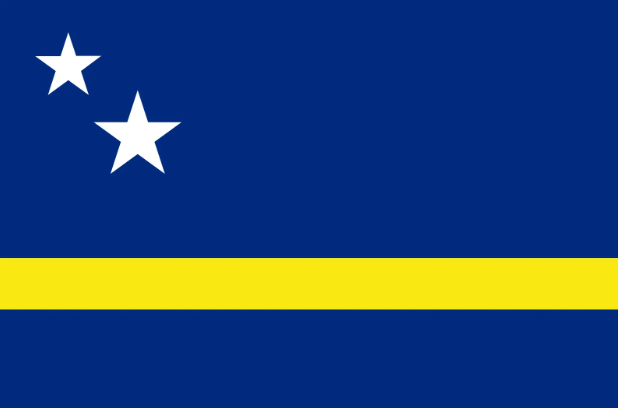
In 2025, Curaçao is undergoing significant regulatory changes with the implementation of the National Ordinance for Games of Chance (LOK). This new legislation eliminates the previous master license and sub-licensing system, requiring operators to apply directly to the newly established Curaçao Gaming Authority. The application fee is approximately $66,600, ensuring only reputable operators remain in the market.
Despite these changes, Curaçao remains attractive due to its relatively straightforward application process and established reputation in the online gambling industry.
4. Isle of Man: Legal Gambling with Low Taxes
The Isle of Man has signs of self-governance, but it operates under the jurisdiction of the British Crown. The Isle of Man is considered one of the most beneficial places to get a license since the procedure is far less complicated than in many other countries.
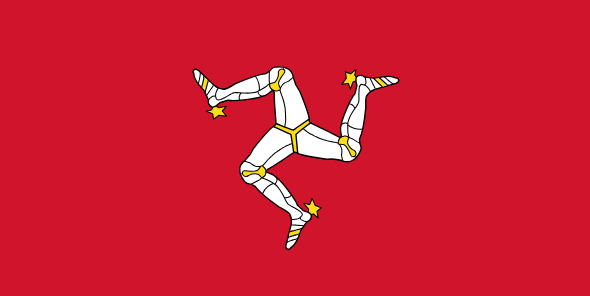
The tax benefits in the Isle of Man are substantial, with a corporate tax rate of 0% and no capital gains, wealth, or inheritance taxes. This allows gambling operators to significantly reduce their tax burden while operating under a respected regulatory framework.
The jurisdiction offers various license types, including online gambling licenses for casino and sports betting operators, software supplier licenses, and hosting service provider licenses. Licenses are valid for five years, with an application fee of approximately $6,700 and a basic fee of $47,000.
5. Macau (China): Land-Based Casinos Are Legal
Often called the “Gambling Capital of the World,” Macau has established itself as the premier destination for gambling in Asia. In 2023, gambling and gaming in Macau generated around 183.7 billion Macau patacas (22.9 billion USD).
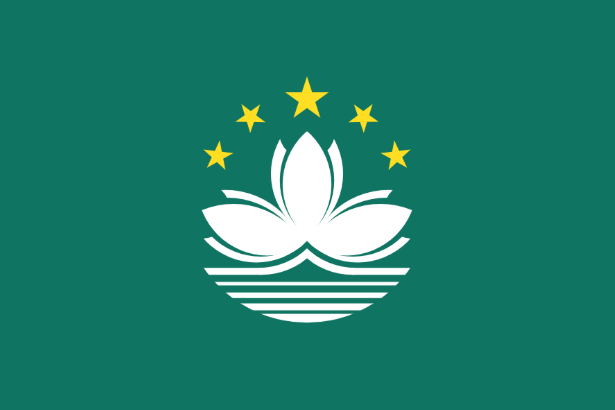
Macau’s gambling industry is primarily focused on the richest land-based casinos, with The Venetian Macao being one of the most profitable casinos globally. While online gambling doesn’t have specific regulations in Macau, many companies utilize this regulatory gap.
Companies wishing to operate in Macau must be incorporated as limited liability companies with a minimum share capital of approximately $621.6 million, demonstrate experience in the gambling industry, and have at least 15% of shares held by Macau permanent residents.
6. Australia: Gambling Laws Vary by State
Australia presents an interesting case with its simultaneous strict regulations and high gambling participation rates. Australia simultaneously has an enormous number of gamblers and pretty strict regulations, which aim to minimize the negative impact of the industry. More online gambling operators are entering the market, and more people are participating in various forms of online betting, including sports betting, casino games, poker, and more.

Online gambling in Australia increased by 8% from 2020 to 2022 and continues to grow. Unlike many countries, Australia doesn’t have a single overarching gambling authority. Instead, each state has its own regulator with responsibilities that include granting licenses, monitoring compliance, and legal enforcement.
Gambling operator requirements in Australia include maintaining a physical presence in the country, opening a bank account, providing share capital, providing monthly income declarations, and complying with local state regulations and principles regarding the protection of minors.
7. Canada: Legal Online Gambling and Betting
Canada’s gambling landscape has evolved significantly in recent years, with a move toward more liberal regulations. Over the last several years, the country has lifted some of its regulations and simplified certain registration procedures, finally removing a ban on offering bets on single games in 2021.

One of the most significant developments was the creation of iGaming Ontario, which began registering companies in late 2021 and launched in April 2022. This new regulatory model allows third parties to provide online gambling services by registering with the Alcohol and Gambling Commission of Ontario (AGCO) and entering into an agreement with iGaming Ontario.
In 2024, Canada’s regulatory framework continued to evolve, with Ontario leading the way in implementing stricter advertising rules and enhanced consumer protection measures. Other provinces are following Ontario’s model, with British Columbia taking steps to improve security while still permitting offshore gambling sites with authorized licenses.
8. Italy: Government Controls Gambling Licenses
Italy maintains a government-controlled gambling market where companies must be licensed by the state. The regulatory bodies in charge of land-based and online gambling in Italy are Amministrazione Autonoma dei Monopoli di Stato (AAMS) and Agenzia delle Dogane e dei Monopoli (ADM). ADM exercises the role of overseer of the state with regards to gambling, ensuring the interests of the Treasury by collecting duties and managing disputes.

Online gambling licenses in Italy fall into two main categories: skill games (such as roulette, slots, and card games) and fixed odds betting (including horse racing and pool betting).
Companies seeking an Italian gambling license must demonstrate physical presence in the country, maintain a local bank account, prove minimum share capital, provide monthly income declarations, and show compliance with principles regarding the protection of minors.
9. Gibraltar: Legal Gambling with Low Tax Rates
With a 1% corporate tax and no sales tax or VAT, Gibraltar is an attractive licensing jurisdiction. The government is supportive of new gaming companies, realizing the importance of the sector.
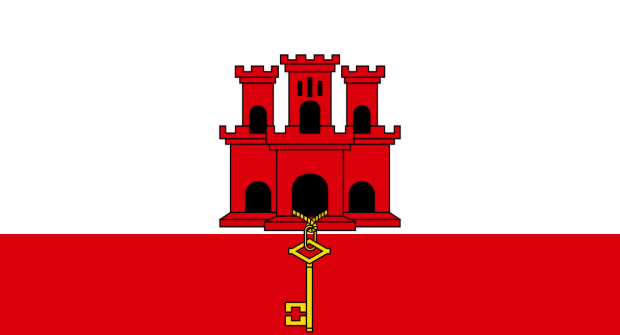
Gibraltar offers four types of gambling licenses: Casino Gaming, Betting, Lotteries, and Social Gaming. Requirements for obtaining these licenses include establishing an office in Gibraltar, appointing local directors, proving the reputation of shareholders and directors, demonstrating prior industry experience, showing licenses obtained in other jurisdictions, opening local bank accounts, and paying all necessary fees.
In 2024, Gibraltar continued to strengthen its regulatory framework, emphasizing compliance with anti-money laundering regulations and introducing a tiered licensing fee structure based on gross betting yield.
10. Brazil: Online Gambling Now Legal
Brazil represents one of the newest regulated gambling markets, with significant changes implemented in 2025. Brazil’s gambling market entered a transformative phase in 2025 with the implementation of new regulations that officially took effect on January 1. This landmark legislation aims to establish a secure and regulated environment for online betting and gaming, addressing previous challenges related to unregulated practices and consumer protection.

As the largest country in Latin America, Brazil’s move to regulate gambling creates substantial opportunities for operators looking to enter this emerging market. The new regulatory framework focuses on ensuring a secure environment for online betting and gaming while addressing previous issues related to unregulated practices and inadequate consumer protection.
Countries Where Gambling is Banned Completely
While many countries embrace gambling as a legitimate industry, others prohibit it entirely. Here are five countries with some of the strictest gambling bans:
1. United Arab Emirates: All forms of gambling are strictly forbidden under Islamic law. The UAE enforces severe penalties for gambling activities, with punishments including fines and imprisonment.
2. Qatar: Similar to the UAE, Qatar prohibits all gambling based on religious grounds. The country’s laws are strictly enforced, with no legal gambling establishments permitted.
3. North Korea: Despite rumors of casinos for tourists, North Korea maintains a complete ban on gambling for its citizens, with harsh penalties for violations.
4. Indonesia: As the world’s largest Muslim-majority country, Indonesia prohibits all forms of gambling under Islamic law, with significant legal penalties.
5. Cambodia: While Cambodia previously allowed gambling, it has recently implemented stricter regulations, banning many forms of gambling for local citizens (though tourists may still gamble in designated areas).
Famous Faces of Gambling:
Conclusion: Over 120 Countries Recognise Gambling as Fully Legal in 2026
In 2026, gambling is legally allowed in around 125 countries, though not all follow the same model. About 79 have full regulatory systems, while 46 permit gambling without clear rules. The UK remains a leader in regulation, while places like Malta, Curaçao, and the Isle of Man attract operators with low taxes and easier licensing.
Newer markets like Brazil are now setting up proper laws to support economic growth and ensure safer gambling. Meanwhile, well-known hubs like Macau continue to perform strongly, even under tighter controls.
As gambling habits and technology evolve, many countries are updating their laws. Most are aiming to balance business interests with public safety and responsible practices.
The trend is clearly moving toward better regulation rather than bans. Governments are seeing the benefits of managing gambling through clear rules, helping to reduce harm while generating revenue and tourism.
FAQs
The United Kingdom is widely known for having one of the most detailed and strictly enforced gambling regulatory frameworks.
As of the latest regulation changes, Brazil has introduced official regulations allowing online gambling and betting under a new licensing system.
Malta offers low tax rates, clear licensing processes, and access to the European market, making it attractive for operators.
In some countries like Cambodia, tourists can gamble in designated areas, even though gambling is restricted for locals.
There are currently 79 countries with structured and fully regulated gambling systems in place.
